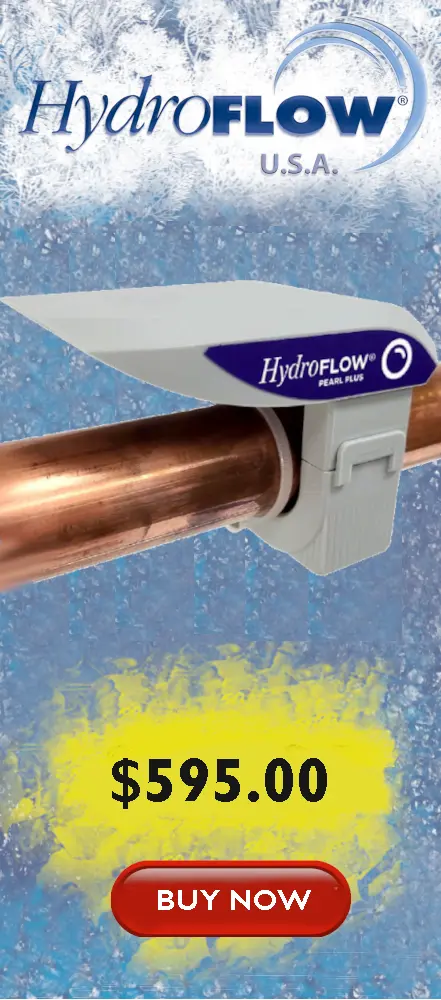Maryland
Water Quality in the State of Maryland
Maryland is a small state on the upper east coast with many bordering states (Virginia, Delaware, Pennsylvania, West Virginia and Washington D.C.) and 4,431 miles of Atlantic shoreline. Often called “America in Miniature”, Maryland has a diverse topography, with a variety of mountains, beaches, sand dunes, farmlands, forests, and a wide variety of weather. In the Baltimore region, the primary source of drinking water comes from surface waters such as streams and reservoirs. Communities in the coastal plain region, such as Cambridge, rely on aquifers for their potable water.
Water Hardness by City
Maryland has an average water hardness of 118 PPM. This is considered hard by USGS measures. Baltimore, the most populous Maryland city, has very hard water at 185 PPM. Some slightly hard water cities are Annapolis (70 PPM ) and Frederick, with 99 PPM.
For more information on the water hardness in specific cities, please see the table below.
PPM = Parts Per Million
mg/L = Milligrams Per Liter
gpg = Grains Per Gallon
Agriculture and Water Hardness
Agriculture is Maryland’s largest commercial industry, contributing 8.25 billion annually to Maryland’s economy. The state’s major agricultural products are poultry and eggs, grain, horticulture, milk production, cattle and calves, vegetables and melons.
As much of Maryland has water rich in calcium (the primary source of water hardness), many farms and food processing plants experience issues related to scale buildup in their irrigators, production, and mechanical equipment, due to the mass quantities of water flow every day. In addition, contaminants polluting soil and waterways have increased greatly over the past few decades and there is a greater need for waste and chemical control. Many farmers are looking for eco-friendly solutions that can increase the quality and yield of their crops while saving water. Read more about how HydroFLOW can increase crop yield.
Solutions to your Water Quality Problems
Fixing your water quality issues in the state of Maryland will depend on your specific water source. It is best to test your potable water supply in order to get a better understanding of your water quality. Testing is relatively cheap. The test results will allow you to understand if your potable water has issues that need to be addressed. Common solutions to water contamination problems may include a water filtration system, a reverse osmosis system or other whole home water treatment solutions.
A problem that almost all Maryland residents will have to deal with is hard water. One old-fashioned, inefficient, expensive and unhealthy method to treat hard water is with a salt-based water softener. Most people don’t realize that if you’re using a water softener you are basically removing calcium and magnesium from your drinking water and adding salt to your diet. In addition, many states are banning the use of salt-based water softeners.
Alternative water treatment solutions such as “water conditioners” have been gaining popularity in recent years because they are cheap to operate and the best eco-friendly solution for hard water. Hydropath technology, which powers the HydroFLOW water conditioners is by far the most efficient and cost-effective eco-friendly solution to deal with hard water problems. To learn more about how HydroFLOW solves the problems created by hard water, please check out our technology page. You might want to read this blog that explains the difference between water conditioners and water softeners: Water Conditioner vs. Water Softener Blog.


